HSBC to grow investment bank to serve IPO demand from Asia and Middle East start-ups
HSBC will expand its investment banking business to serve the rising demand of companies from Asia and the Middle East for initial public offerings (IPOs), said the co-CEOs of the bank's biggest profit centre.
The plan aligns with the bank's restructuring to focus on high-return areas like Hong Kong and India, as well as exit low-profitability markets like Europe and the US.
Hong Kong sits atop the world's IPO league table, after 27 companies raised US$9.96 billion this year as of last week, according to the London Stock Exchange Group. India's two bourses - the National Stock Exchange and Bombay Stock Exchange - ranked fourth and fifth in the same period, with 113 companies raising US$7.72 billion.
Do you have questions about the biggest topics and trends from around the world? Get the answers with SCMP Knowledge , our new platform of curated content with explainers, FAQs, analyses and infographics brought to you by our award-winning team.
"We have taken out the mergers and acquisitions [as well as] the equity capital market [businesses] from the UK and the US markets," said David Liao, HSBC's co-CEO for Asia and the Middle East, in an interview on Thursday. "We want to redirect [growth towards a] deeper focus on Asia and intra-Asia opportunities."
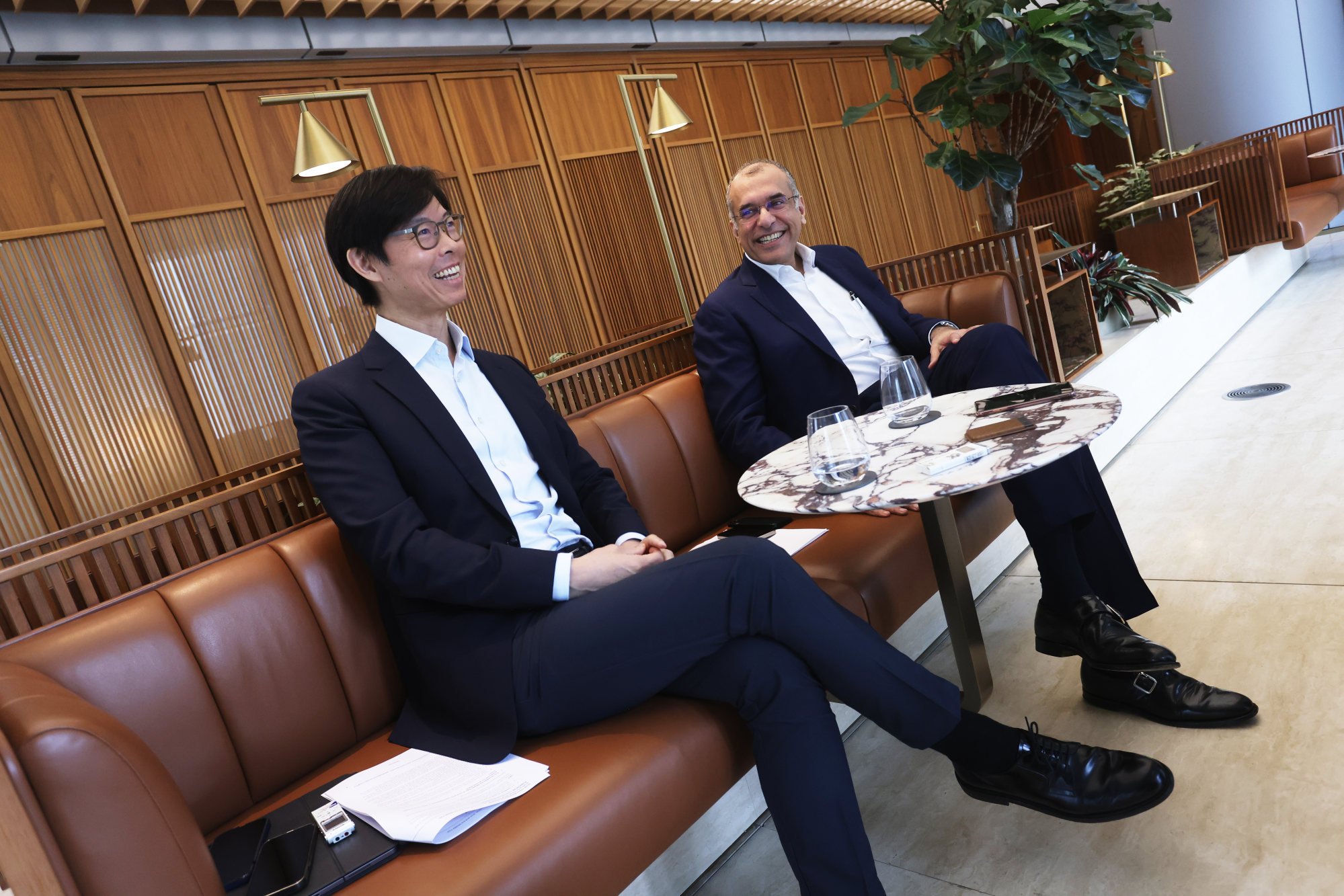
Hong Kong, one of the two cities where HSBC was founded in 1865, was a listing market as well as a hub for international investors, Liao said, which prompted the bank to expand its capacity to serve the growing population of wealth management clientele beyond the city's 7.5 million population.
"We see interest from some Southeast Asian and Chinese companies [that are] thinking about Hong Kong as a listing venue," said Surendra Rosha, the other co-CEO for Asia and the Middle East, adding that the bank's focus was to bring global investors to India-listed companies.
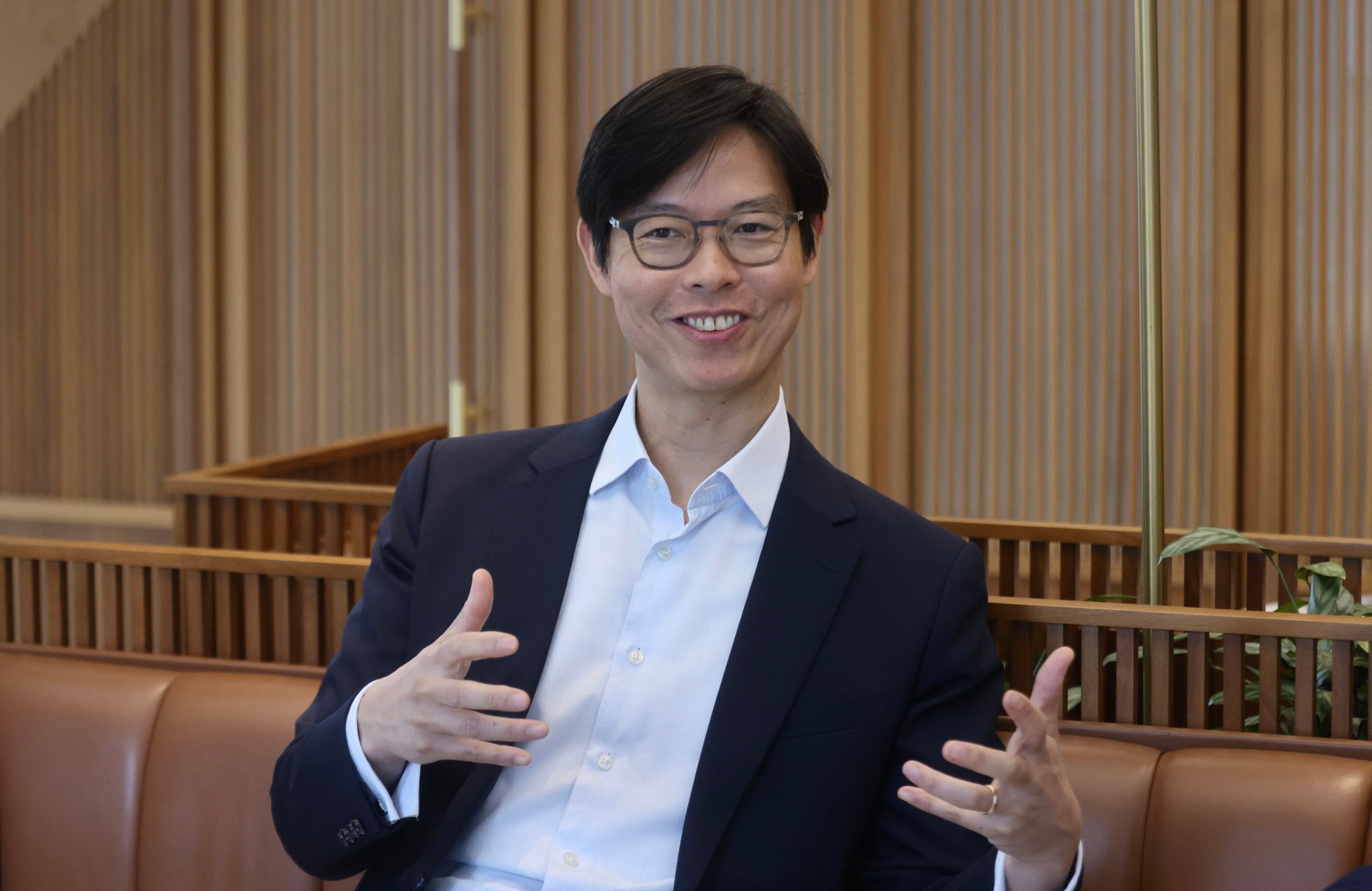
On Saturday, Liao and Rosha marked their fourth anniversary as co-CEOs of the region, an unorthodox assignment made in 2021 after Peter Wong Tung-shun moved into the role of non-executive Asia-Pacific chairman.
Their remit expanded in January with the addition of HSBC's operations in the Middle East , bolstering the combined staff size under their purview to more than 142,000 in 27 markets spread across 10 time zones.
"The twins," as they are known among colleagues, together run the biggest profit centre in one of the world's largest banks, with US$6.41 billion in pre-tax profits in the first three months of 2025, or 68 per cent of the group total . They occupy two of the 12 seats in HSBC's Group Operating Committee.
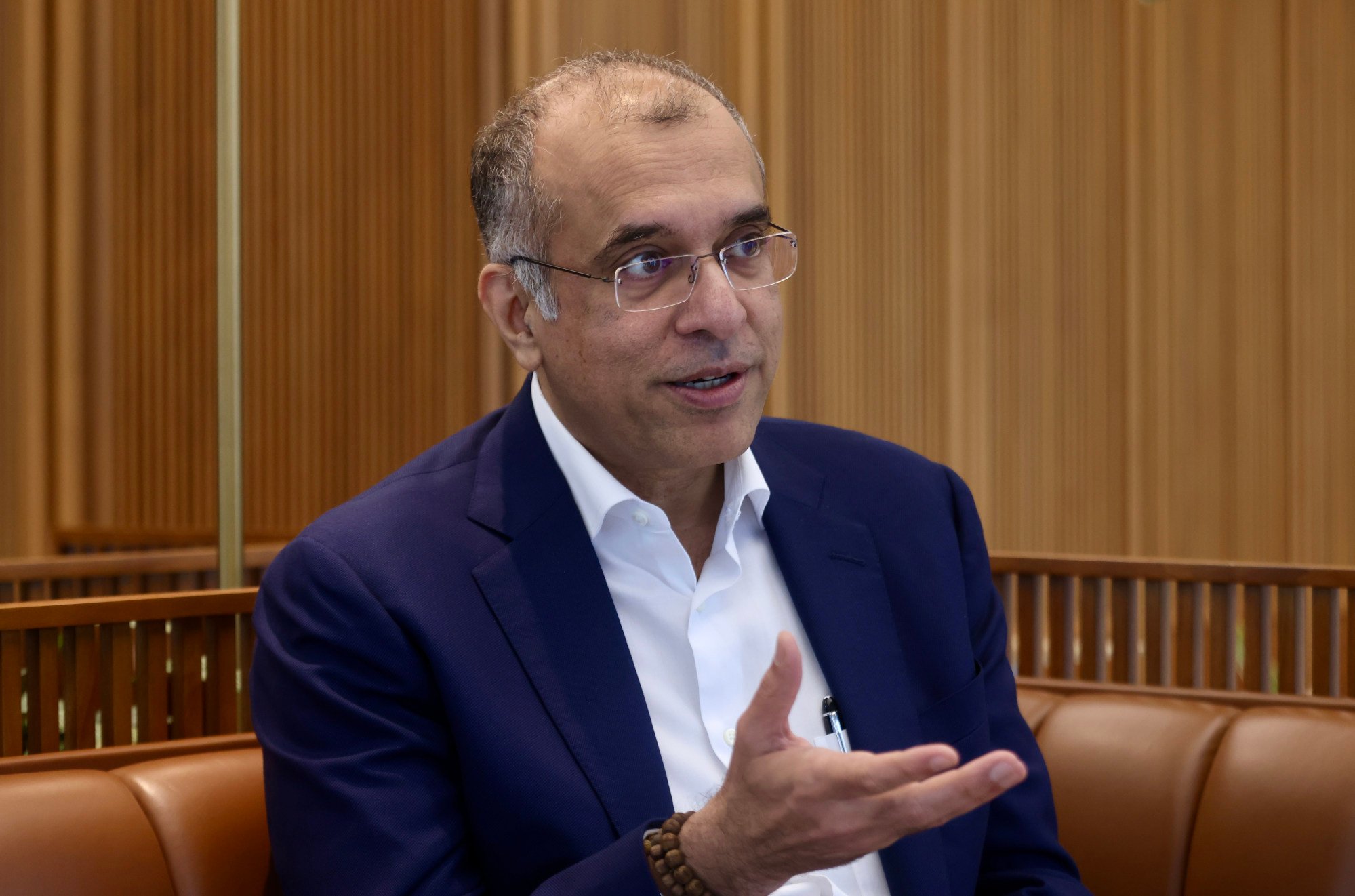
Their partnership is built on "trust, driven by common goals" to grow the Asia business, Liao said. The duo were "interconnected in real time", while their mandates were unconstrained by geography, business types or functions, he said.
"We are all using our time in an agile way to drive [towards the goal]," Liao said. "If we drive a decision forward, the next decision [would be] to make that [first] decision even better."
"We make sure that we are on the same page consistently," and then we "back each other up," Rosha said. "If David has taken a decision, he knows I will be 100 per cent behind it, and likewise."
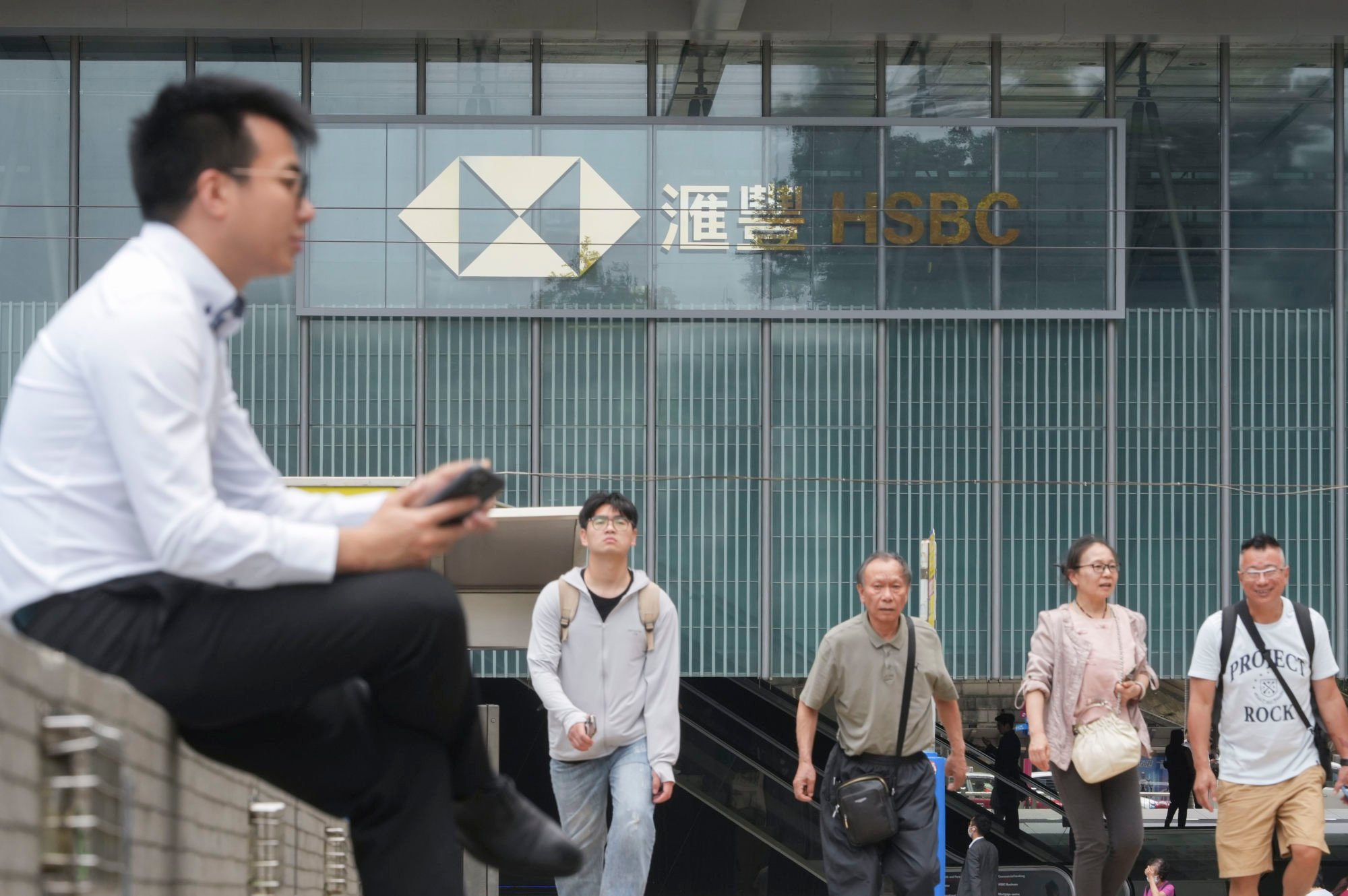
There is no need to wait for both executives to sign off on a decision "because the bank does not work this way, and the world does not work this way," Liao said, echoing Rosha.
Risk and compliance, one of the most vital regulatory issues facing global banks and one that HSBC has been penalised for neglecting in the past, requires the attention of both executives, Rosha added.
Rosha, who studied commerce at Bombay University, joined HSBC in India in 1991. Liao, who joined HSBC in 1997, spent 15 years working on the mainland, including five years as CEO of HSBC China.
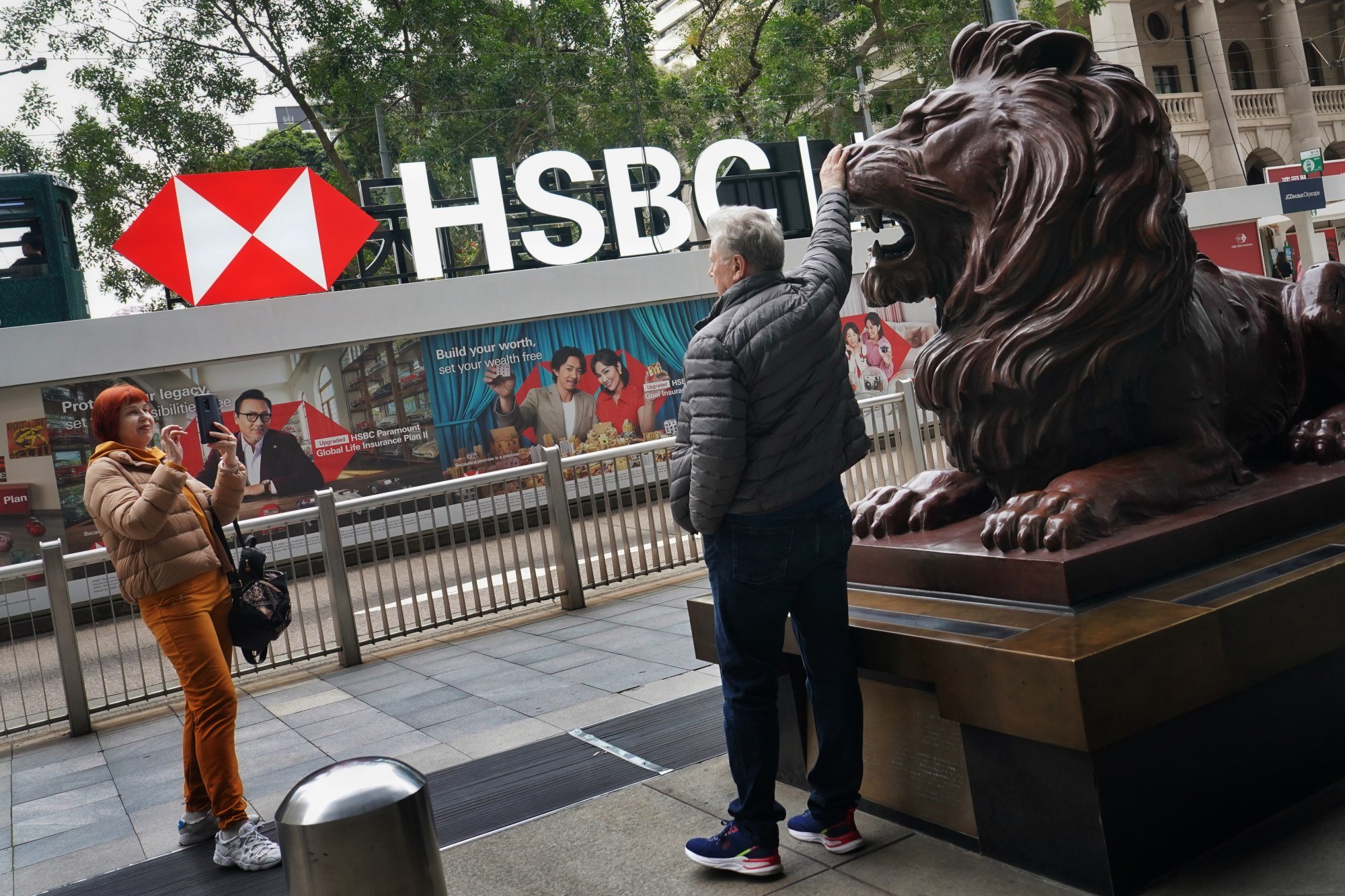
HSBC is active in the Middle East, where an estimated US$3 trillion in investments is driving Saudi Arabia's Vision 2030 strategy to transform the kingdom's oil-reliant economy.
Hang Seng Investment Management, a unit of HSBC's Hang Seng Bank subsidiary, listed the US$500 million SAB Invest Hang Seng Hong Kong ETF on the Saudi stock exchange in October . HSBC was also the custodian bank for the Saudi government's sukuk ETF that listed in Hong Kong on May 29 .
The world's largest trade-financing bank also sees opportunities for Hong Kong and Asia amid the US-China trade tensions. The 10 economies of the Association of Southeast Asian Nations ( Asean ) are a potential growth market.
The worldwide tariffs are "forcing some economies to think about how they work together to help companies and enterprises leverage what is a really big market with more than 600 million people in Asean," Rosha said.
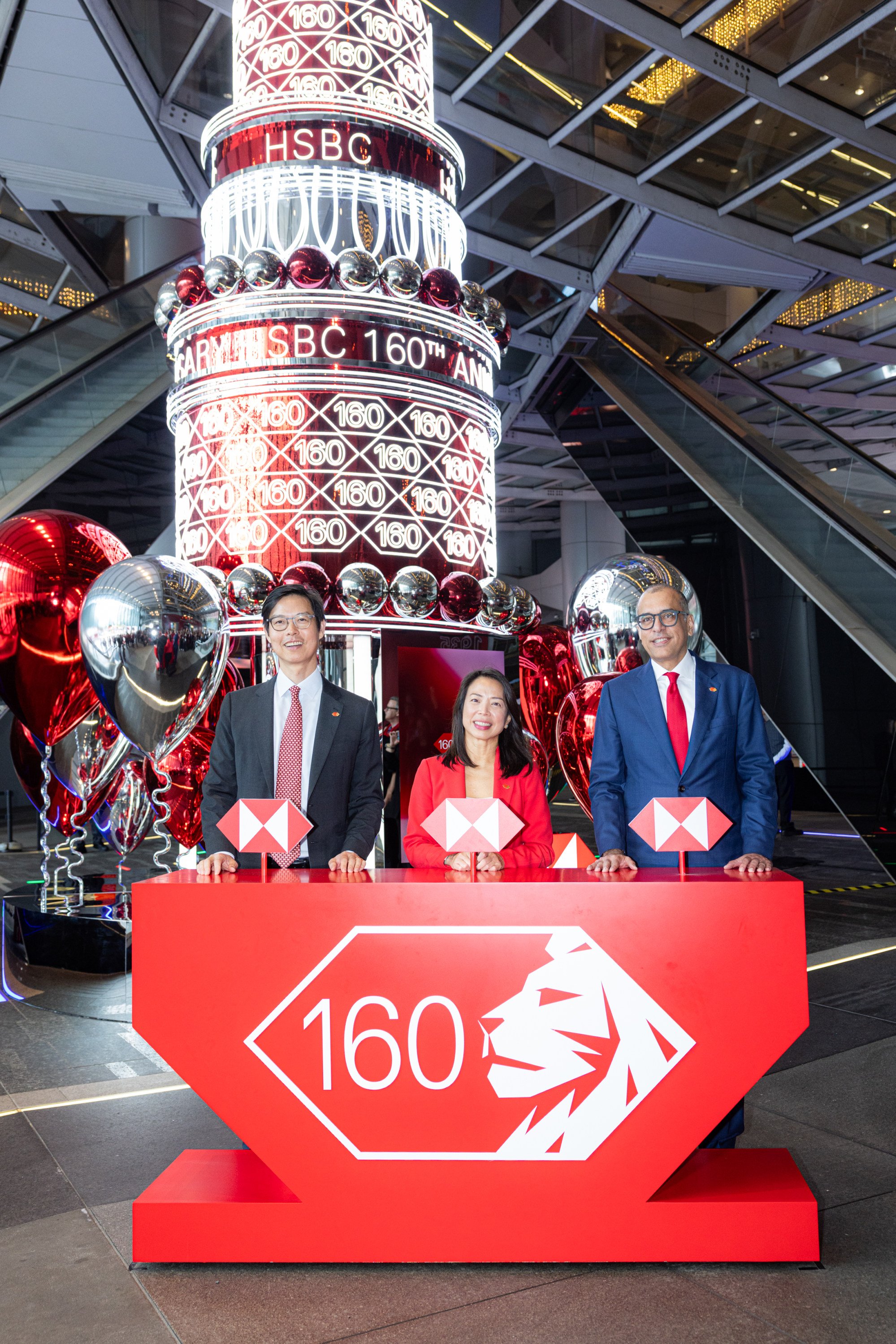
In the first quarter, HSBC added 300,000 customers to its 6 million Hong Kong client base, as mainland visitors poured into the city to buy wealth products, insurance and other investments.
"We need to be competitive and relevant compared to where the [customers'] home banks are, whether in Shanghai, Guangzhou, Beijing or Southeast Asia," Liao said.
Do they ever disagree?
"Constantly," Rosha said, but any disagreements are "talked about and sorted out".
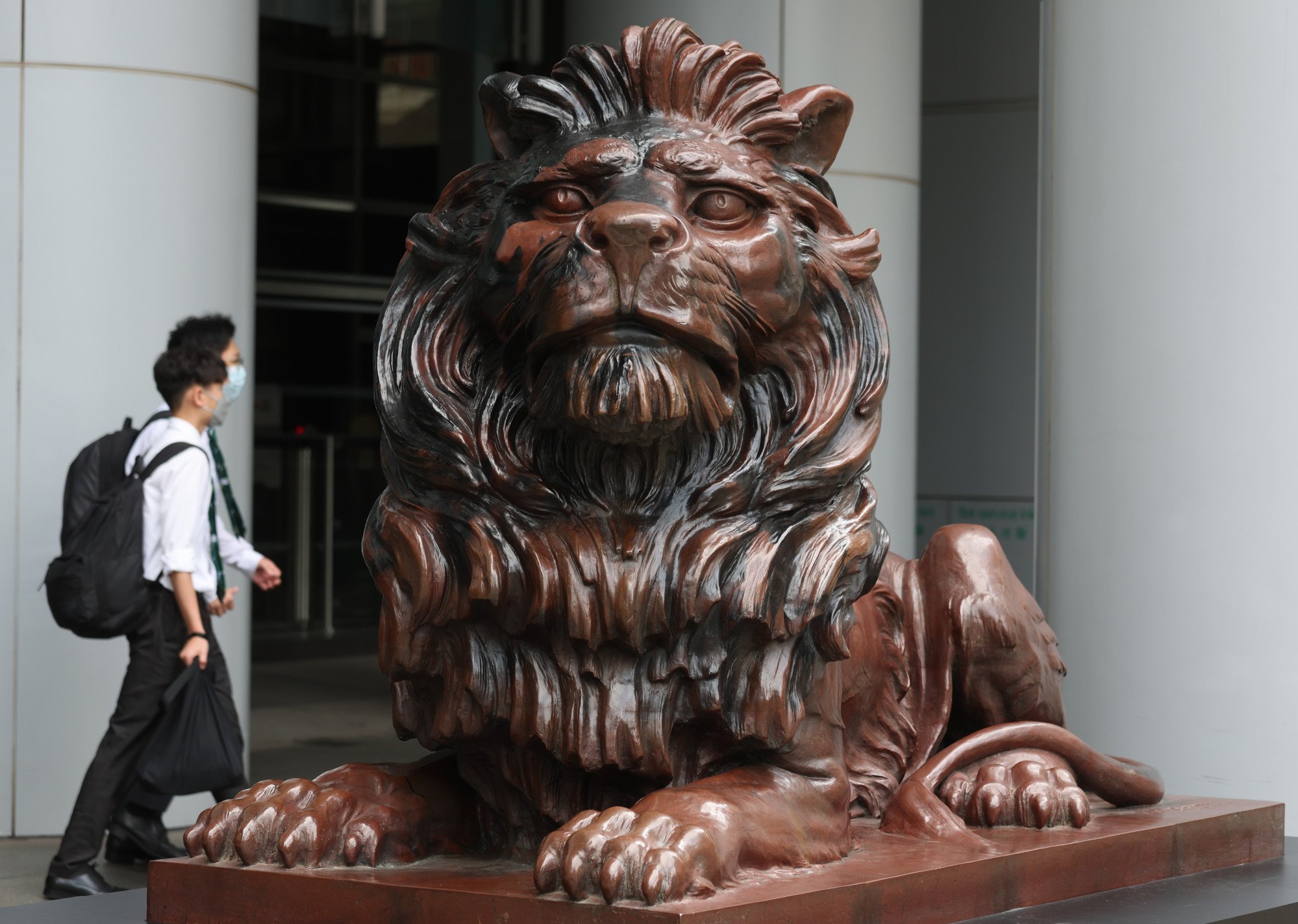
"We have known each other a long time," Rosha said. "He knows my weaknesses and I know his strengths, so we are able to work it out. The North Star [for us] is to make sure we are protecting the brand, the franchise and looking after our customers and our people."
"We all work [towards] this common principle," Liao added.
More Articles from SCMP
China’s sixth-gen fighters: fresh photos hint at cruising capacity and drone control
What were 2 Chinese scientists who took a pathogen into the US thinking?
Britney Wong doubles up again at Sha Tin as Cheval Valiant leads them a merry dance
Hong Kong students eyeing US universities advised to check social media accounts
This article originally appeared on the South China Morning Post (www.scmp.com), the leading news media reporting on China and Asia.
Copyright (c) 2025. South China Morning Post Publishers Ltd. All rights reserved.
Posting Komentar untuk "HSBC to grow investment bank to serve IPO demand from Asia and Middle East start-ups"
Posting Komentar